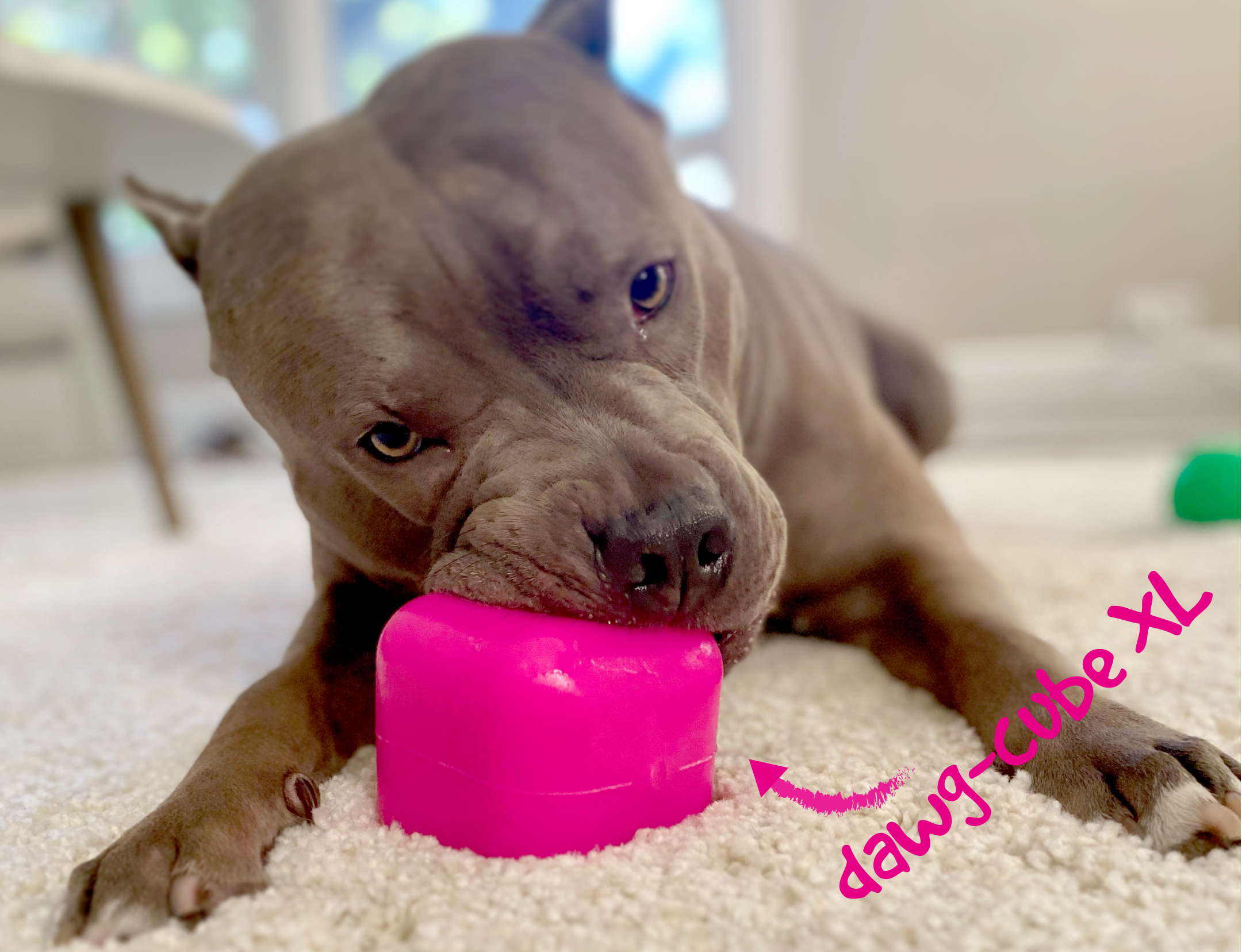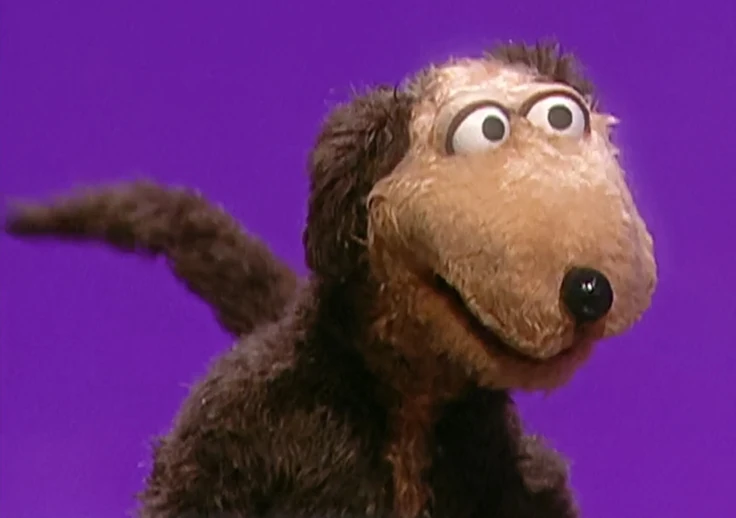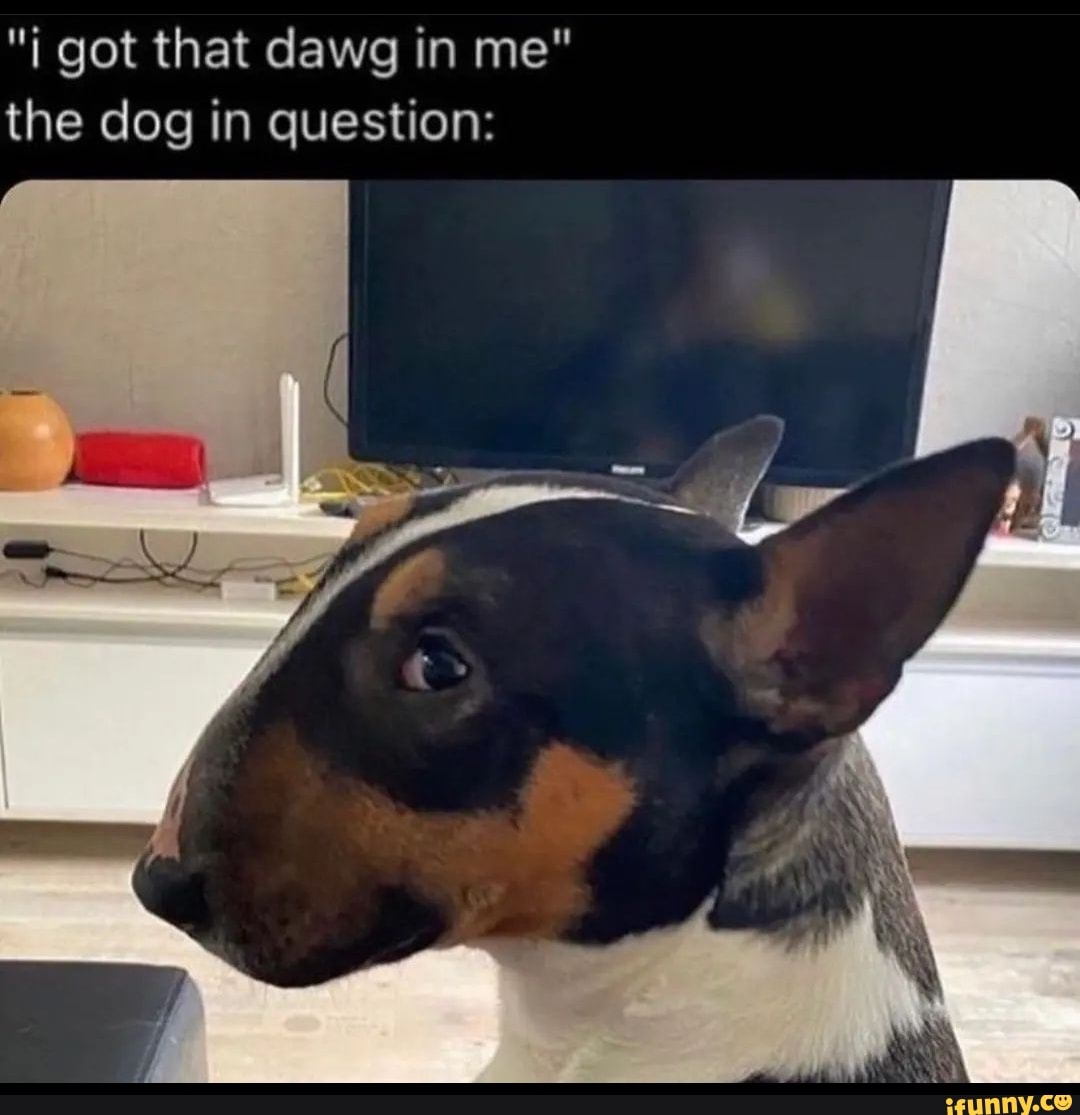Dawg Meaning - Unpacking A Common Slang Term
You might have heard the word "dawg" pop up in conversation, perhaps among friends or in some popular songs. It's a way of speaking that has a certain feel to it, a casualness that makes it stand out. This particular word, in its everyday use, is a familiar sound, and it tends to bring with it a sense of closeness or a kind of easygoing connection between people. It’s a term that many folks use without really thinking much about it, just as part of their regular way of talking, you know?
The way people say "dawg" often sounds a little different from how they might say the word for a four-legged animal. It's a word that can mean quite a few things, depending on who is saying it and what they are talking about at that moment. Sometimes, it’s a friendly greeting, a simple way to acknowledge someone you know well, or someone you feel a bit of kinship with, really. It has a kind of flexible nature, so it can fit into many different chats.
This word, "dawg," has a story behind it, a path it took to become such a common part of our spoken language. It comes from places where people put their own spin on words, making them sound just a little bit different, giving them a new kind of energy. We are going to look into what this word means, where it might have started, and how it gets used by people in their daily lives, too it's almost like peeling back the layers of a very common phrase.
Table of Contents
- What is the Real Dawg Meaning?
- Exploring the Many Shades of Dawg Meaning
- How Did the Dawg Meaning Come About?
- Is the Dawg Meaning Always About Friendship?
- From Animal to Affectionate Term - The Dawg Meaning
- How Do People Use the Dawg Meaning in Everyday Talk?
- The Dawg Meaning and its Place in Conversation
- Wrapping Up the Dawg Meaning
What is the Real Dawg Meaning?
When someone says "dawg," they are usually using a relaxed, informal way of saying the word "dog." But, it's more than just a different way to say the name of an animal, you know? It's often a term people use to talk to someone they consider a close companion or a good friend. It has a sense of warmth and familiarity, like when you're speaking to someone you've known for a while and feel comfortable with. This particular usage helps to show a bond between individuals, indicating a connection that is pretty strong, more or less.
This word can be used by anyone, whether they are a guy or a girl, and it generally carries a feeling of being easygoing and kind. It’s a simple word, but it can say a lot about how someone feels about the person they are speaking to. For instance, if you hear someone say, "What's up, dawg?" it's a casual way of saying hello to a person they feel good about. It's a pretty common way to start a conversation, actually, especially in circles where people are quite familiar with each other.
The core of the "dawg" meaning, then, is about connection. It's a word that suggests a shared history or a present closeness. It's a verbal pat on the back, a nod of recognition that says, "We're on the same page." It’s not a formal word at all; rather, it belongs in those moments when you're just being yourself with people you like. This makes it a very versatile word, able to fit into many different kinds of friendly exchanges, so.
- Higher Dose
- The Strand House Manhattan Beach
- The Geffen Contemporary At Moca
- Culvers Flavor Of The Day Near Me
- Carol Wright
Exploring the Many Shades of Dawg Meaning
The word "dawg" can take on a few different colors, depending on the situation. While its main purpose is often to show friendship, it can also have other slight implications. It's a word that shows how language can shift and change based on who is speaking and what they want to get across. The way it sounds when someone says it can even give you a clue about what they mean. For example, the tone of voice can change the feeling of the word quite a bit, that is that.
The Friendly Side of Dawg Meaning
Most of the time, when you hear "dawg," it is being used to mean a friend or a buddy. It's a term of endearment, a way to show camaraderie. Imagine someone greeting their long-time companion; they might just say, "Hey, dawg!" This is a pretty common picture of how the word gets used. It implies a relationship where there's trust and a shared sense of belonging. It’s a way to express a bond without having to say a whole lot of words, just a little bit of a simple expression.
This particular use of "dawg" is often heard in casual settings, like when people are hanging out, perhaps playing a game or just talking about their day. It’s a word that helps to build a relaxed atmosphere, making everyone feel a bit more at ease. It's something people say when they feel comfortable and want to show that comfort to others. It’s a simple, yet powerful, way to say, "You're one of us," or "I appreciate you being around," basically.
Other Ways to Use Dawg Meaning
Sometimes, the "dawg" meaning can be used in a slightly different way, perhaps to express a bit of frustration or even agreement. For instance, if something goes wrong, someone might exclaim, "Oh, dawg!" This isn't about calling someone a friend, but rather a simple expression of a feeling, a reaction to a moment. It shows how a single word can have multiple uses, depending on the circumstances surrounding its utterance. It's a bit like how a sigh can mean many things, you know?
There are also times when "dawg" is used to refer to a person in a less than kind way, though this is less common and very dependent on the specific situation and the tone of voice. It’s important to remember that context really shapes the meaning of words like this. The same word can carry a completely different weight when said with a different feeling or in a different kind of interaction. So, it's not always just about friendship, but rather, it can also be about a reaction or a feeling, apparently.
How Did the Dawg Meaning Come About?
The journey of the word "dawg" into common speech is quite interesting. It is thought to have come from African American Vernacular English, which is a way of speaking that has a long and rich history. In these communities, words often take on new forms and new meanings, reflecting the experiences and creativity of the people who use them. This particular term, "dawg," began to gain popularity in the 1970s, as a matter of fact, slowly making its way into broader conversations.
Over time, this way of speaking, including words like "dawg," moved from its origins into more mainstream use. This happens a lot with language; words and phrases from specific groups or places often spread and become part of how many different people talk. It shows how language is always growing and changing, picking up new sounds and ideas as it goes along. It’s a really cool example of how words can travel and transform, too it's almost like they have a life of their own.
The pronunciation itself, "dawg" instead of "dog," is a key part of its identity as a slang term. It gives the word a distinct sound, setting it apart from its more traditional counterpart. This slight shift in how it's said helps to mark it as informal, as something you'd hear in casual talk rather than in a formal setting. It's a subtle change that carries a lot of meaning about the word's purpose and its place in everyday conversation, in a way.
Is the Dawg Meaning Always About Friendship?
While "dawg" is very often about showing a friendly connection, it’s not always strictly limited to that. As we touched on earlier, the way someone says it, and the situation they are in, can change its purpose. Think about how many words in our language have more than one use; "dawg" is no different. It has a primary, very common meaning, but it also has room for other interpretations, depending on the moment. So, you know, it's a bit more flexible than just one idea.
Sometimes, it can be used as a general term of address for a male person, even if they aren't a super close friend. It's like saying "man" or "dude" in a very casual way. This broadens its use beyond just the closest of companions. It’s a simple, straightforward way to get someone's attention or to acknowledge their presence, without necessarily implying a deep bond. It's just a common way to talk, sort of.
It's also worth noting that in some very specific contexts, the word "dawg" can refer to a literal dog, especially when someone is trying to capture a certain way of speaking or a particular accent. This is less about the slang meaning and more about a phonetic spelling, a way to write down how someone might say the word "dog." So, while its main use is about people, the original animal connection is still there, just in a different form, in some respects.
From Animal to Affectionate Term - The Dawg Meaning
The transformation of "dog" into "dawg" for a human friend is a fascinating example of how language changes. The original word, "dog," has many different feelings attached to it. Dogs are often seen as loyal, faithful, and good companions. These qualities, you know, are very much what people look for in a good friend. So, it makes sense that a word connected to such an animal would come to mean a close human bond, too it's almost a natural progression.
This shift from referring to an animal to referring to a person as a "dawg" highlights the positive feelings associated with the word. It's not just a random sound; it carries with it the idea of someone you can count on, someone who is there for you. This kind of linguistic evolution shows how our feelings and ideas about things can shape the words we use. It’s a subtle nod to the idea of a loyal companion, but for people, basically.
The informal spelling and pronunciation also play a role in this. By changing "dog" to "dawg," the word becomes distinctly human-centric in its slang use. It creates a new word that sounds familiar but carries a different kind of weight, a more personal one. This is how language stays fresh and relevant, by adapting and taking on new forms to express new ideas and feelings. It's a way of making language feel more personal and less formal, you know, quite often.
How Do People Use the Dawg Meaning in Everyday Talk?
In daily conversations, "dawg" pops up in many situations where people are being informal and friendly. You might hear it as a greeting, like "What's good, dawg?" or as a way to express surprise or agreement, "Oh, for real, dawg?" It's a versatile word that fits into many different kinds of casual exchanges. It helps to set a relaxed tone, letting everyone know that the conversation is not meant to be stiff or formal, very, very often.
It’s also used in texting and online chats, where quick and informal communication is the norm. Typing "dawg" is a fast way to convey a friendly sentiment without needing to write a longer message. This shows how the word has adapted to newer forms of communication, keeping its casual feel even when written down. It’s a sign of how language continues to evolve to meet the needs of how people talk to each other in the modern world, naturally.
Think about how people use filler words like "like" or "you know"; "dawg" can sometimes function in a similar way, adding a bit of flavor to a sentence without necessarily adding a lot of new information. It's a way to connect with the listener, to show that you're speaking their language, so to speak. It helps to build a sense of shared understanding and familiarity, making the conversation flow more easily, in a way.
The Dawg Meaning and its Place in Conversation
The presence of "dawg" in our daily conversations speaks to a desire for informal, personal ways of speaking. It’s a word that helps to break down barriers, making interactions feel more genuine and less structured. When someone uses "dawg," they are often trying to create a sense of closeness, to show that they are comfortable with the person they are talking to. This is why it is so often heard among people who share a common background or simply feel a strong connection, really.
It's a word that carries a certain cultural weight, too. Its origins in specific communities mean that when it's used, it can also carry a hint of that history. It’s a small piece of a larger linguistic picture, showing how words can reflect where they came from and the people who first made them popular. This makes "dawg" more than just a word; it's a little piece of cultural expression, in some respects.
Understanding the "dawg" meaning is about more than just knowing a definition; it's about getting a feel for the social cues and the casualness it brings. It's about recognizing when someone is trying to be friendly, or when they are simply using a common, relaxed way of speaking. It's a good example of how language is full of subtle signals that help us understand each other better, you know, every day.
Wrapping Up the Dawg Meaning
So, we've taken a look at "dawg" and what it means. It’s a slang term, a casual way of saying "dog," but it mostly acts as a friendly way to address someone, a buddy or a close companion. This word came from African American communities in the 1970s and has since become a widely used part of everyday talk. While it usually means friend, its exact feeling can change depending on who is speaking and what they are talking about. It’s a flexible word, used in casual greetings and even in online messages. Ultimately, "dawg" helps to show familiarity and a relaxed connection between people, making conversations feel more personal and easygoing.
- Higher Dose
- Fortnum And Mason Afternoon Tea
- Grateful Shed
- Incredible Tiny Homes
- Mr Shrimp New Jersey

訳あり商品 Ruff Dawg Stick Dog Toy, Assorted Colors by www.arrisalah.net

Dawg the Dog | Muppet Wiki | Fandom

Got that dawg in me" the dog in question - iFunny